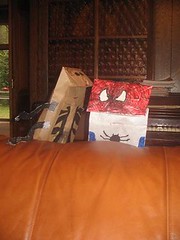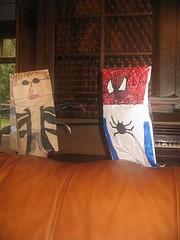The first book printed in the English language: The Recuyell of the Histories of Troy, printed in Flanders c. 1475.
The first book printed in England:The Dictes or Sayings of the Philosophers, 1477.
William Caxton, b. 1422 at Kent, England was first a merchant, and when he was about 50 years old he started his second career as a printer. He learned printing in Cologne, Germany, and then returned to England and set up a printing press near Westminster Abbey. His printing career spanned the last years of the reign of Edward IV (of York) and that of Richard III, Edward’s brother and the first few years of the reign of Henry VII (Tudor). Turbulent times.
From The Last Plantagenets by Thomas B. Costain:
William Caxton was not content to print books; he always concerned himself with the translations and with the preparation of the copy. . . . One of the most commendable of his early efforts was an edition of Chaucer’s Canterbury Taleswhich was much larger than any of the others. Undoubtedly it did much to acquaint the people of England with the work of their great poet. He also put out an edition of Sir Thomas Malory’s King Arthur and a translation of Cicero’s De senectute. That he translated the last himself is an evidence of his scholarship.
Caxton died in 1491, and his heir moved the printing business to Fleet Street, which by tradition is still the central location of the British publishing industry.
I love English history, and if you want to read more about England from the time of the first Plantagenet kings until the end of the Plantagenet dynasty (Battle of Bosworth) and the end of the Middle Ages, you can’t do better than this series of books by Thomas B. Costain: The Conquering Family, The Magnificent Century, The Three Edwards, and The Last Plantagenets. Fantastic stuff. I wish I had time to go back and re-read them before I teach British literature this school year.


 Herbert Hoover, b. 1874
Herbert Hoover, b. 1874